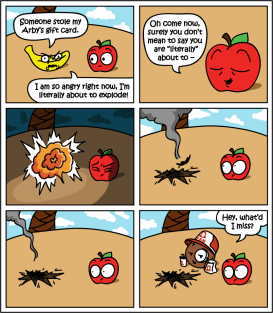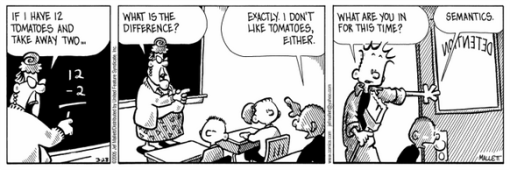IF YOU ARE INTERESTED IN WEBINARS, YOU SHOULD FOLLOW FREE ONLINE EVENTS!
Poetry and the ESL classroom: how rhyme can work for your students
It advocates creativity and give students sense of accomplishment.
 Prior to becoming an Editor for Oxford University Press, Mexico, Lysette Taplin worked as an English language teacher and author for a number of primary and secondary series. In this post she promotes World Poetry Day by sharing some practical tips to use in the ELT Classroom.
Prior to becoming an Editor for Oxford University Press, Mexico, Lysette Taplin worked as an English language teacher and author for a number of primary and secondary series. In this post she promotes World Poetry Day by sharing some practical tips to use in the ELT Classroom.
Poetry is an effective tool in English language teaching as it enlivens the class, giving the students a motivational buzz while stimulating their creative writing. The emphasis on the sounds and rhythm of language aids students’ phonological awareness, building a foundation for correct pronunciation and intonation, which in turn has a strong correlation to proficiency in reading and listening. In order to celebrate World Poetry Day, this blog aims to present a selected poem from the OUP series Step Inside and provide ideas for ways to exploit poetry in the English language-learning classroom.
As an ELT Editor for OUP, I…
View original post 778 more words
LEARNING CONNOTATION AND DENOTATION THE FUN WAY !
If the world just contained denotations, words would not symbolize any meanings, only their true definitions. Denotations by themselves have no emotions and associations with them that connotations have.
Radio Lab’s video with the words added so that it can be used to teach connotation and denotation. HAVE FUN!
HOW CAN WE MEASURE SEMANTIC AWARENESS IN THE CLASSROOM?
Some important areas of semantic theory or related subjects can be used in the classroom such as denotation, connotation, metaphor, simile and symbol, synonym, antonym, hyponym collocation, fixed expression, idiom, homonymy, homophones and homographs to aware the students.
IF YOU WANT TO IMPLICATE THEM IN THE CLASSROOM, YOU CAN SEE THE FILE !
DISCOURSE ANALYSIS
Life Skills for Teachers
 Emma Sue Prince discusses the importance of being self- aware as a teacher in this video.
Emma Sue Prince discusses the importance of being self- aware as a teacher in this video.
Come on ! Watch it together and enjoy !
Know your limits and know how to say NO !

Once Upon a Time – a poem by Gabriel Okara
We can do it in the class !
The Henry Brothers' Jim Jam Slam
This is a poem by the Nigerian poet Gabriel Okara, in which he laments the lost innocence of youth. In it he condemns the hypocrisy of adults – hemmed in and constrained by rules and conventions – adopting masks for different occasions: for lying, cheating and betraying – whereas childhood is portrayed as a time of honest laughter, and spontaneity.
Once Upon a Time
Once upon a time, son,
they used to laugh with their hearts
and laugh with their eyes:
but now they only laugh with their teeth,
while their ice-block-cold eyes
search behind my shadow.
There was a time indeed
they used to shake hands with their hearts:
but that’s gone, son.
Now they shake hands without hearts
while their left hands search
my empty pockets.
‘Feel at home!’ ‘Come again’:
they say, and when I come
again and feel
at home, once, twice,
there will be no…
View original post 250 more words
For Your Professional Development
The Cambridge English Language Assesment Programme of Webinars for teachers in 2015 !
Teachers Profesional Development Webinars !
It is free to join. Over the coming months there will be webinars on :
Webinars for English Teacherssh/resources-for-teachers/webinars/






